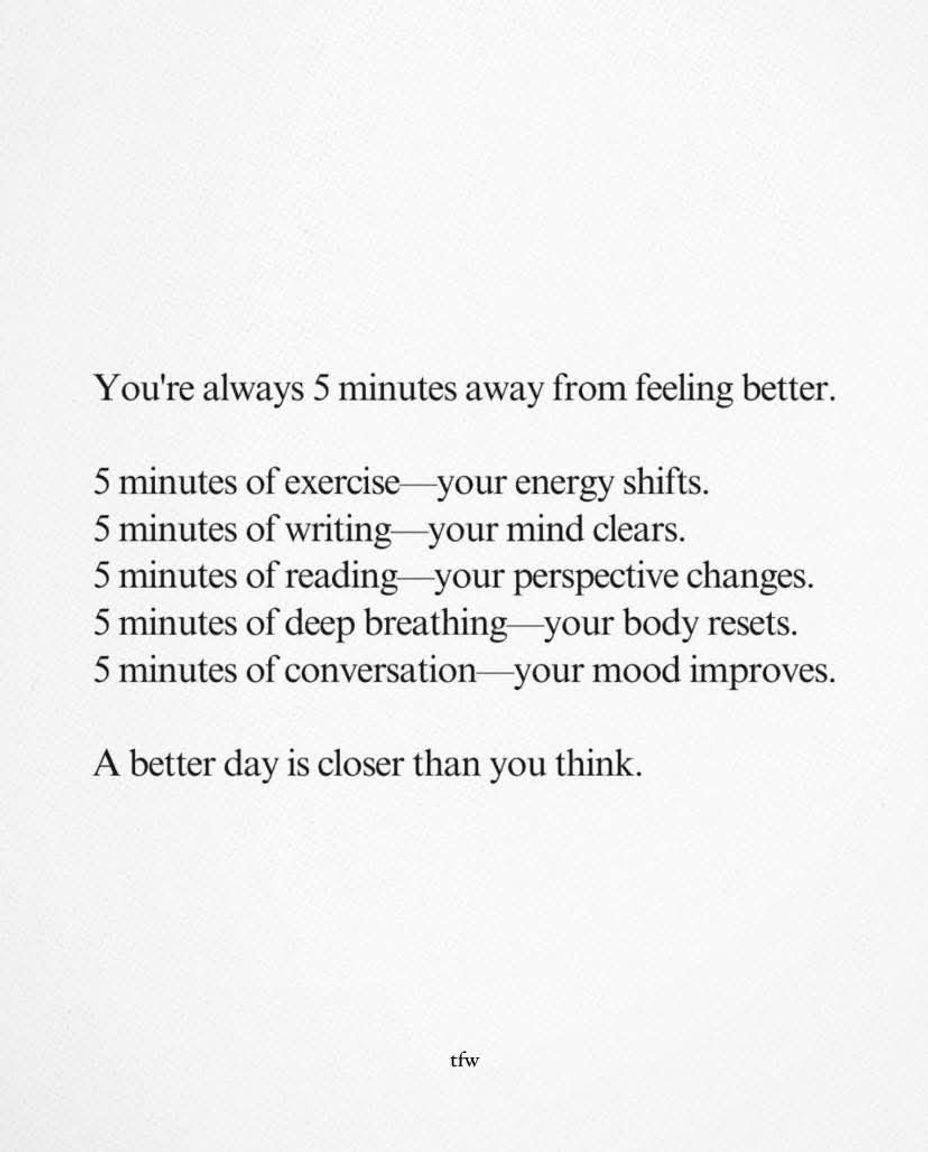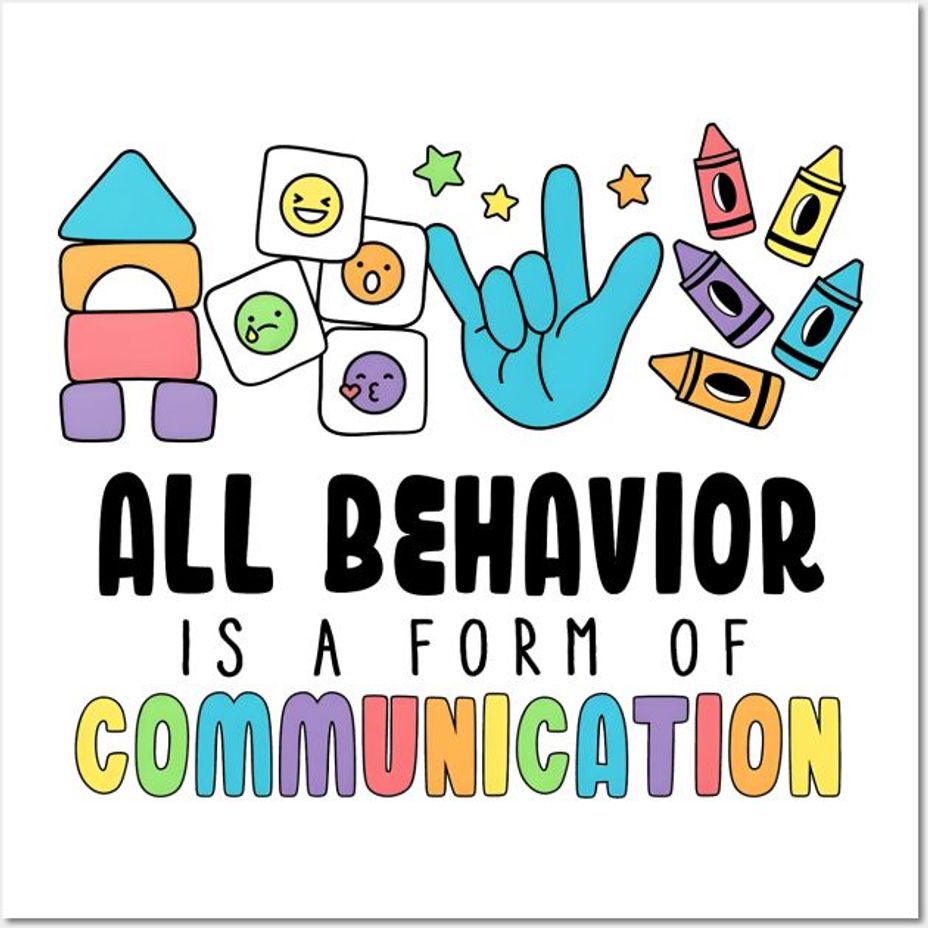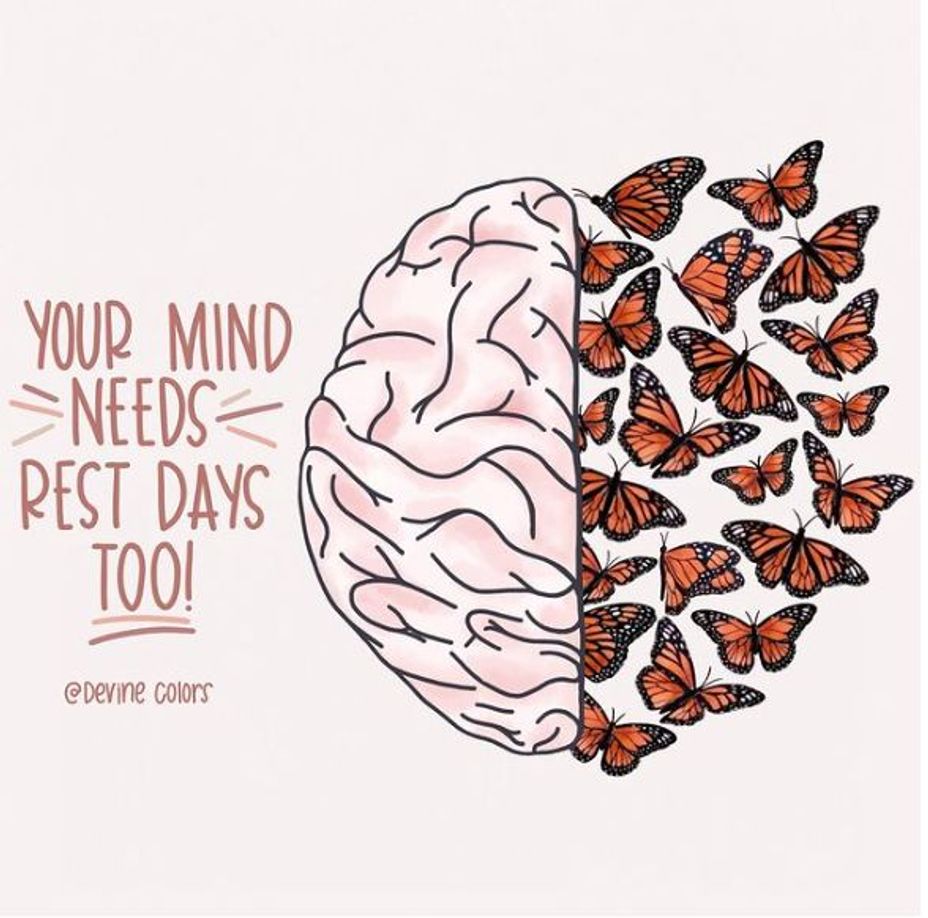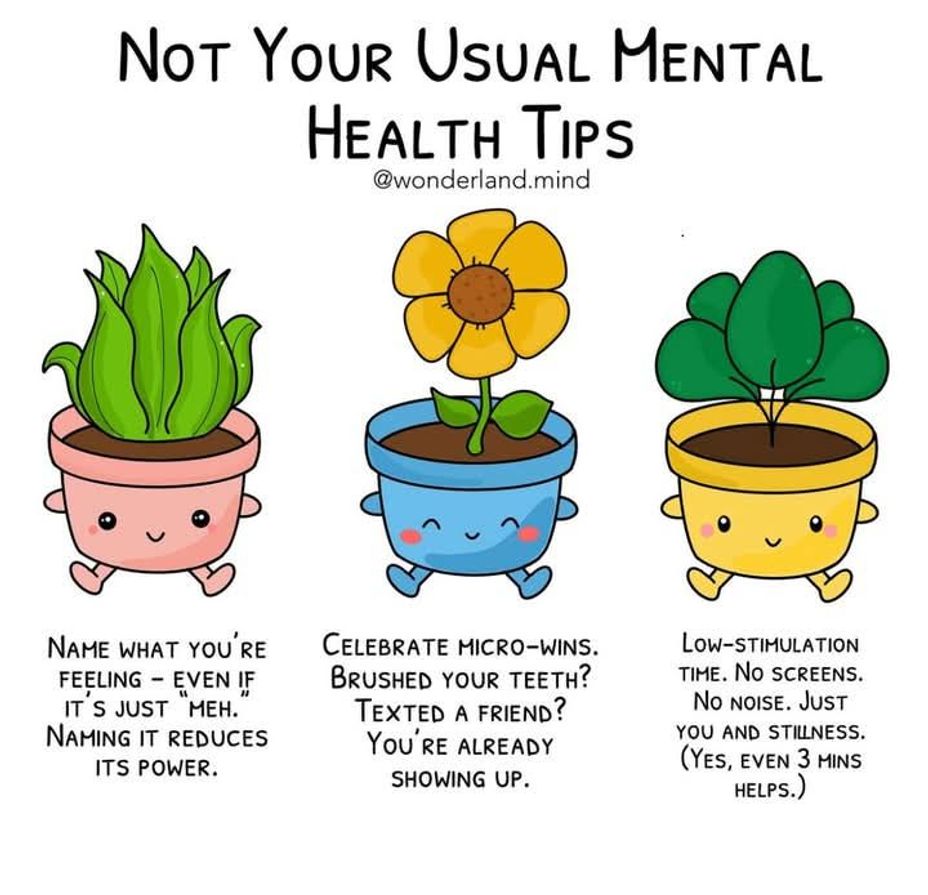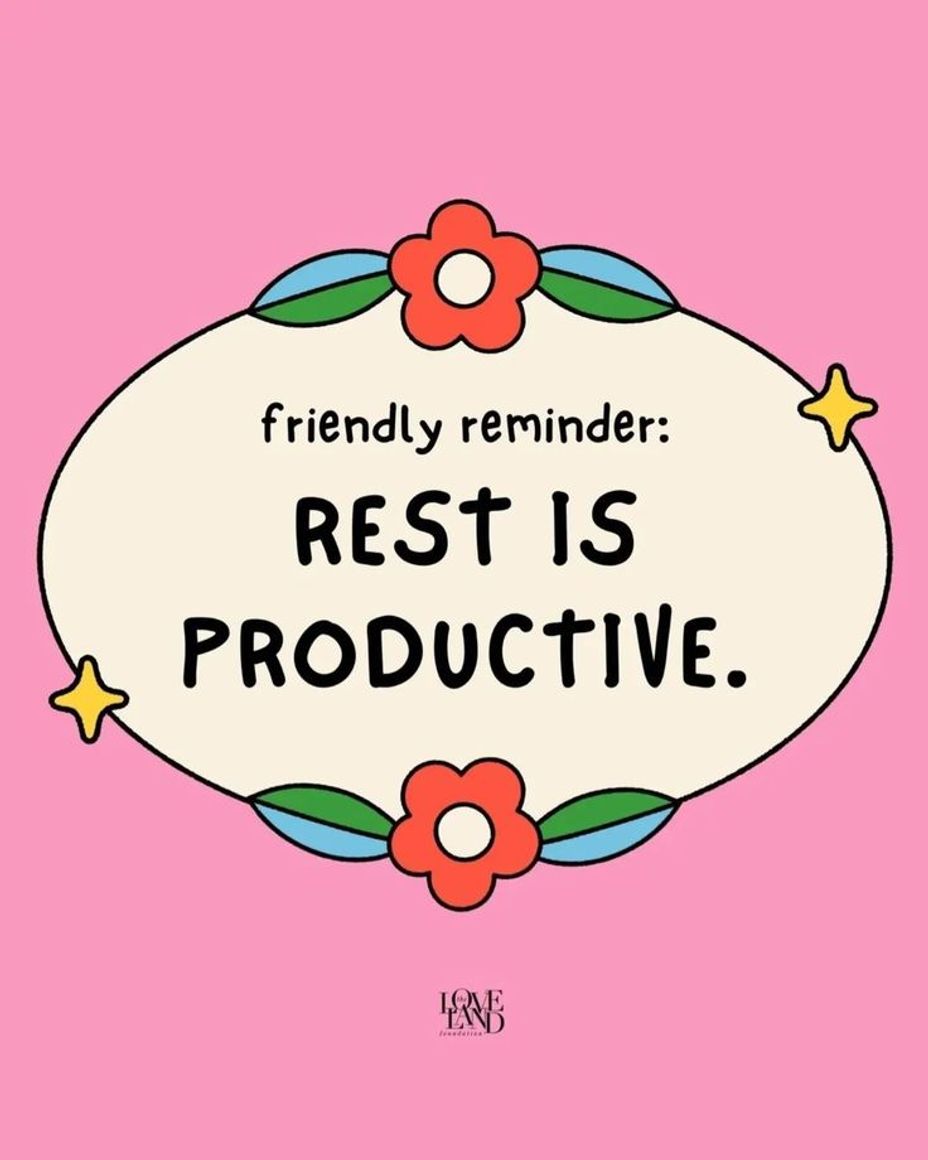Thank Thursday (with a tip)
It's that time of the week again, friends! Tell me three things in the comments below that you're thankful for!
#AutismSpectrumDisorder #Agoraphobia #Anxiety #AnorexiaNervosa #BorderlinePersonalityDisorder #MentalHealth #PTSD #Addiction #BipolarDisorder #BipolarDepression #ChronicFatigueSyndrome #Depression #ChronicFatigueSyndrome #Lupus #Aspergers #Grief #Schizophrenia #Selfharm #SuicidalIdeation
